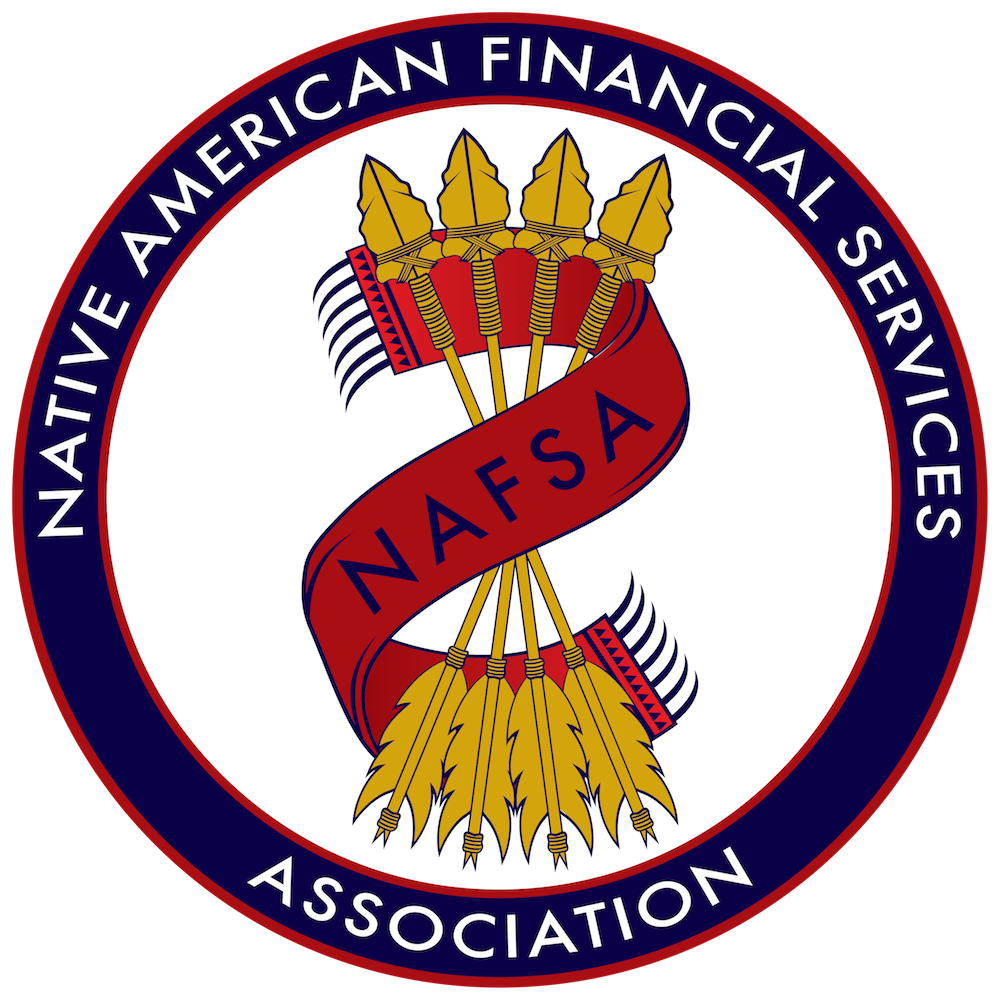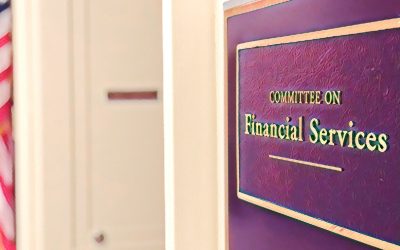The Latest Financial News
OCC and FDIC Issue Proposed Rules to Undo Madden v. Midland Decision
In recent days, both the Office of the Comptroller of the Currency (OCC) and the FDIC announced that they were proposing rules to clarify the “Valid When Made” doctrine. According to an OCC Press Release, the rule would “clarify that when a national bank or savings...
Google May Be Next Big Tech Company to Offer Expanded Financial Products
A few months ago, Apple made big waves in the financial services sector when it launched Apple Card, a product it bills as “A new kind of credit card. Created by Apple, not a bank.” Facebook, too, has looked to get into finance with the launch of Libra, a digital...
House Financial Services Task Force Holds Hearing on Role of Big Data in Financial Services
Last week, in a hearing convened by the House Financial Services Committee’s Task Force on Financial Technology, members of the committee discussed the increased use of big data—the immense amount of consumer information collected by institutions and businesses—in the...
Why NAFSA?
There are more than 570 federally-recognized tribes in the United States, many of whom are spread across in diverse areas. This has left a need for other tribal economic development opportunities to create sustainability and jobs on Native American reservations.
Tribal Financial Services:
![]() Create jobs & economic development on tribal lands
Create jobs & economic development on tribal lands
![]() Increase the financial independence of tribes
Increase the financial independence of tribes
![]() Deploy sovereignty & bolster tribal self-determination
Deploy sovereignty & bolster tribal self-determination

The Impact of Tribal Financial Services
Coming from a history of staggering unemployment rates, limited opportunities, and lack of access to fundamental resources, Native American tribes began online lending businesses to create real change for the future. Internet commerce has been a vehicle for supporting economic growth, tribal services, and tribal development. These are their stories.
Our Mission
To advocate for tribal sovereignty, promote responsible financial services, and provide better economic opportunity in Indian Country for the benefit of tribal communities.




